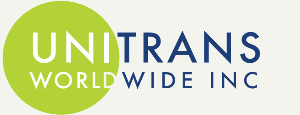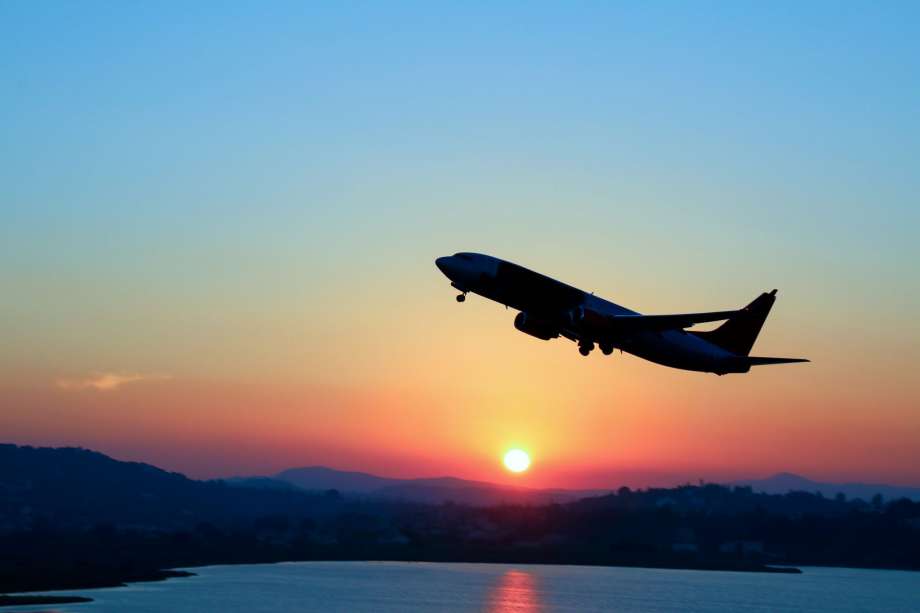Lindsay Barich, Founder & CEO recently spoke at the Mass Export Expo on the basics of compliance on export routed shipments and on lithium battery shipments.
Click on the link below to see the webinar and go to the 33:30 time to view his presentation.
Export Compliance for Beginners
Credit: Massachusetts Export Center Export Expo.



Follow Us!